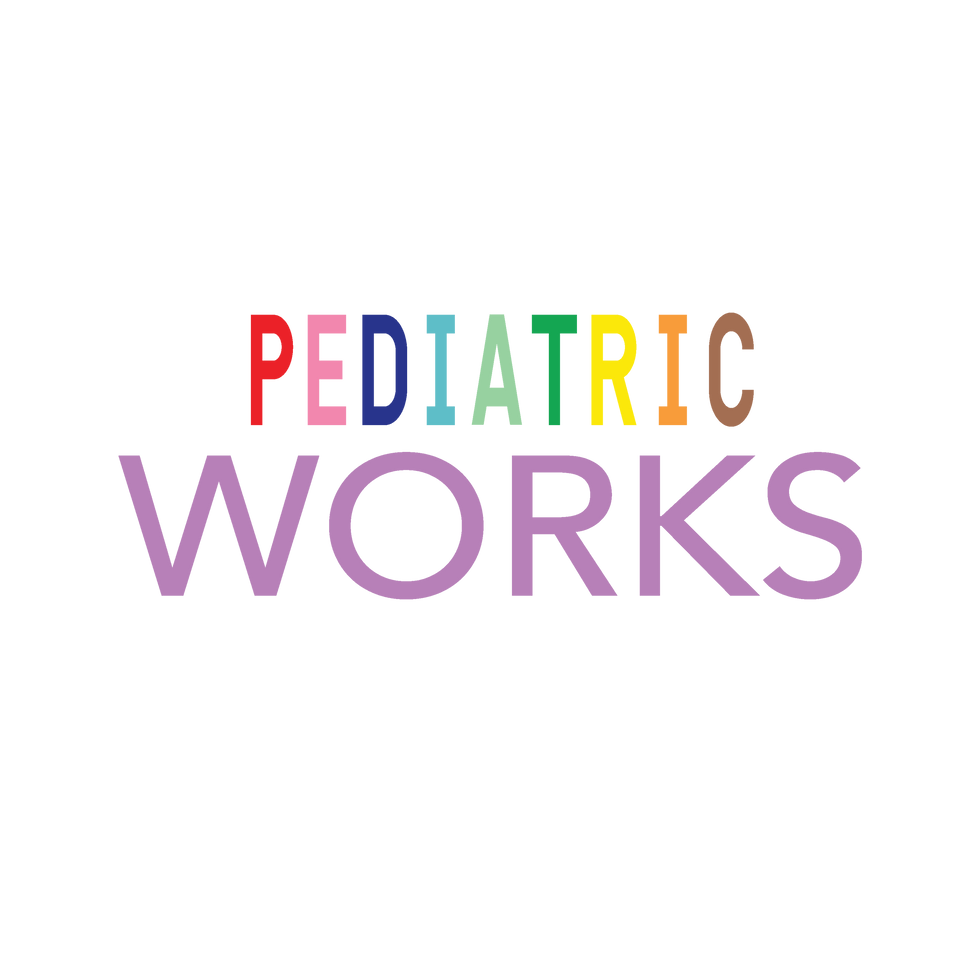It is Time!
- Sep 23, 2022
- 4 min read
Updated: Oct 8, 2022
Yeah! It is time for kids to “step up and show out” because it is now their time to shine! The FDA (U.S. Food and Drug Administration) has given emergency use authorization (EUA) of the Pfzier-BioNTech vaccine for children ages 12-15. (They plan to seek clearance in September for the vaccine to be used in children aged 2 to 11.) This is exciting news because it marks the first step in getting our kids back in school and allowing them to see their friends. Even as adults, we know the mental health importance of seeing, touching and holding friends. Let us review how vaccines - especially the Pfizer vaccine - work in bodies.

The purpose of vaccinations is to trick the immune system into thinking that an infection has occurred so the body can produce B (antibodies) and T cells. Vaccines include microorganisms and viruses in various forms: live- attenuated (weakened), partial antigen (specific protein), or inactive (dead) – actual pieces of the disease. Pfizer uses mRNA, which carries information from DNA (in the nucleus of a cell) to produce proteins (in the cytoplasm). In this example, both vaccines create mRNA, which will make the coronavirus's viral spike protein. If you ever looked at a picture of COVID-19, it is usually dressed with a red crown. The spike protein is part of the crown. The presence of spike proteins tricks the body into thinking it is infected with COVID and so it produces specific B (antibodies) and T cells.
Therefore, if your child was later naturally exposed to COVID, previously created antibodies will wake up and fight. It is important to stress that the vaccines (Pfizer/BioNTech) are not !live” (does not give you the COVID disease), they do not interact with your child’s DNA (does not cause mutations within your body), and the mRNA is quickly destroyed by the body. For protection, there is a surrounding protective cushion (liposomes) to protect the mRNA until the message is delivered.
Since the goal of vaccines is to mount an immune response, some but not all kids may experience symptoms. Symptoms can include fever, headache, malaise, body aches, chills, and local reactions (redness, pain, or soreness at the injection site). These are all the kind of reactions you might have to an annual flu jab. I know this sounds worrying, but it is good sign because their body is responding! To be effective, the vaccine must administrated twice, 3 weeks apart and two weeks before or after any other vaccines. Remember, there are standard required vaccinations given during these age groups.
Pfizer’s clinical trial in children began in late July 2020, and recruited participants aged 12 and over. Close to three thousand participants were adolescents: 2,259 participants were between the ages of 12-15. “In participants aged 12-15 years old, (Pfizer) BNT162b2 demonstrated 100% efficacy and robust antibody responses, exceeding those reported in trial of vaccinated 16-25 year old participants in an earlier analysis, and was well tolerated. This means kids 12-15 had a better response to the vaccine than older persons.
Now that scientific formalities have been answered, let us address the true question: “Why does my child need this vaccine, especially if I (their parent) have been vaccinated because kids have been ok?” We were truly blessed that COVID was not as harsh to children as it was to adults. Most have mild symptoms; for example fever, nasal congestion or coughing with the small amount of outliers with Pediatric Multisystem Inflammatory Syndrome (PMIS).
Data of AAP (American Academy of Pediatrics) as of April 24th.
Cumulative Number of Child COVID-19 Cases*
• Children represented 13.8% (3,782,724/27,320,708) of all cases
•Overall rate: 5,026 cases per 100,000 children in the population Mortality (43 states, NYC, PR and GU reported)*
• Children were 0.00%-0.21% of all COVID-19 deaths,
Comparing to adults, kids have been blessed but the subgroup of “long haulers” needs to be addressed. Cases of children with persistent symptoms after COVID-19 are rare but growing. The World Health Organization has recognized that COVID-19 !can sometimes result in prolonged illness, even in young adults and children without underlying chronic medical conditions.”
For COVID long-haulers, persistent symptoms often include brain fog, fatigue, headaches, dizziness and shortness of breath, to name a few. Your well-adapted child could go from playing their favorite sport to standing on the sidelines. One of the most troubling thing is we do not how long a person can or will suffer as a COVID long-hauler. This is major! One statistic states that 10-15% of COVID infected persons end up developing “long COVID”.
The Pfizer can directly affect your child’s odds of having a lifetime of issues. The purpose of this blog is to supply parents with the tools needed to make sound, educated choices for their kids. As always, practice proper hand hygiene and stay home or away from others who have cold symptoms. * https://www.pfizer.com/news/press-release/press-release-detail/pfizer-biontech-announce-positive-topline-results-pivotal
When people are looking for a pediatric clinic in Atlanta, they have a leading edge "in home" option with Pediatric Works!

.png)



Comments